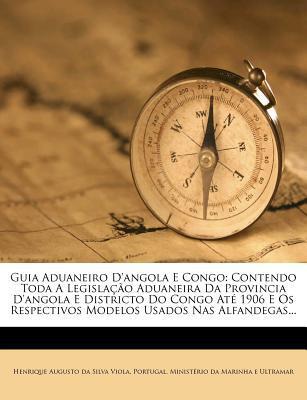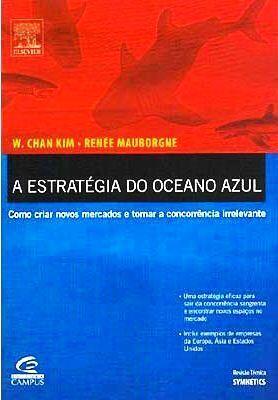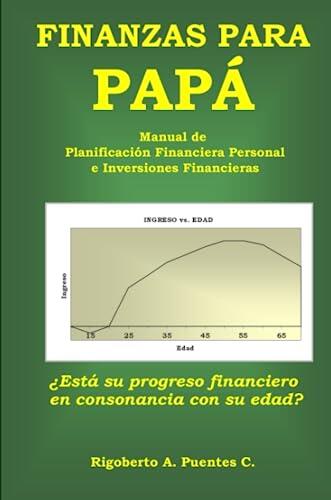
Guia Aduaneiro D'angola E Congo: Contendo Toda A Legislação Aduaneira Da Provincia D'angola E Districto Do Congo Até 1906 E Os Respectivos Modelos Usados Nas Alfandegas...
بواسطة
Henrique Augusto da Silva Viola
لا توجد تقييمات بعد
Business & Economics
تنسيق
غلاف ورقي
صفحات
372
لغة
البرتغالية
منشور
Jan 1, 2011
الناشر
Nabu Press
رقم ISBN-10
1271262126
رقم ISBN-13
9781271262120
الوصف
Henrique Augusto Da Silva Viola's work serves as a comprehensive resource on the customs legislation of Angola and the Congo up to the year 1906. Through meticulous research, Viola presents an in-depth analysis of the regulatory frameworks that governed trade and customs practices in this historical period. His thorough examination provides valuable insights into the legal principles that shaped the economic landscape of the region.
Viola's narrative not only focuses on the laws but also includes essential models and forms utilized in the customs offices, offering readers a practical understanding of how these regulations were applied. The blending of legal interpretations with real-world applications enhances the practicality of the guide, making it a useful tool for scholars, historians, and professionals alike who are interested in African trade and colonial customs.
By exploring the intricacies of Angola and Congo’s customs regulations, the work highlights the complexities of colonial administration and its impact on trade dynamics. Viola’s scholarly approach brings to light the historical context of these regulations, fostering a deeper appreciation for the cultural and economic implications they carried.
Viola's narrative not only focuses on the laws but also includes essential models and forms utilized in the customs offices, offering readers a practical understanding of how these regulations were applied. The blending of legal interpretations with real-world applications enhances the practicality of the guide, making it a useful tool for scholars, historians, and professionals alike who are interested in African trade and colonial customs.
By exploring the intricacies of Angola and Congo’s customs regulations, the work highlights the complexities of colonial administration and its impact on trade dynamics. Viola’s scholarly approach brings to light the historical context of these regulations, fostering a deeper appreciation for the cultural and economic implications they carried.



















